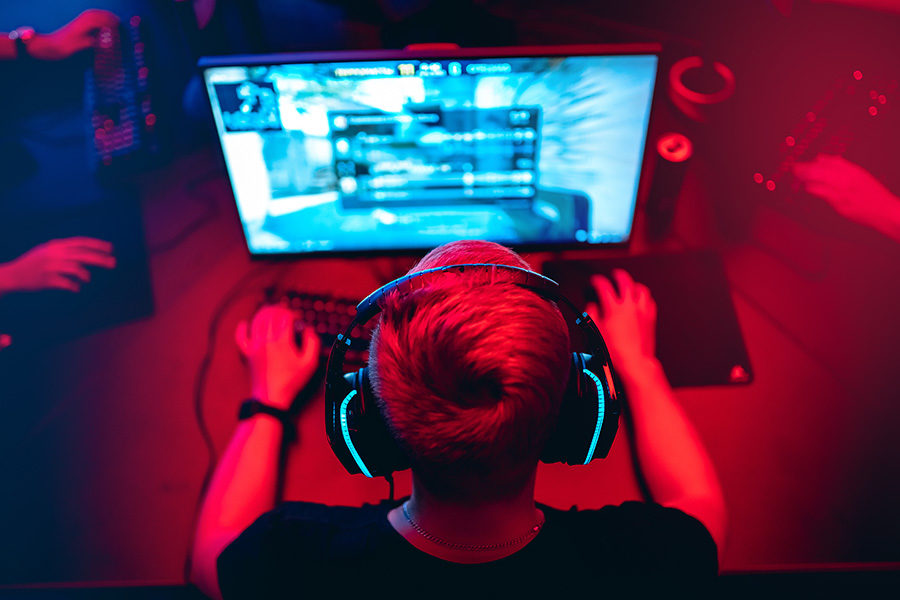Parents sue Roblox claiming it links to illegal gambling

A class action claims that the gaming platform is making money from third-party gambling websites.
US.- Parents have lodged a class action lawsuit against the online gaming platform Roblox. Rachel Colvin and Danielle Sass claim that the platform is making money from children through links to third-party gambling websites where users can spend the Robux digital currency.
In the complaint, filed in the US District Court for the Northern District of California as Colvin et al v. Roblox Corporation et al, Colvin and Sass claim that their children lost money held in Robux. The currency has a monetary value, with one unit worth $0.0125.
Roblox’s terms of service prohibit simulated gambling, but the parents say that it permits third-party gambling sites to take bets using its currency. Other defendants in the case are Satozuki Limited BV, Studs Entertainment and RBLXWild Entertainment, which are accused of allowing minors to access their gambling websites via Roblox.
Roblox has stressed that it is committed to combating operators that breach its policies or risk community safety. However, Colvin and Sass claim that Roblox is aware of the third-party operators’ activities owing to concerns raised by social media influencers affiliated with the platform. The lawsuit cites a 2019 post from KreekCraft that mentions a gambling site affiliated with Roblox targeting children.
The post read: “Heard a lot about rblxflip today. For the people unaware it’s a Roblox Robux gambling site. It is ILLEGAL for anyone, not an adult to gamble. Being this site is marketed towards Roblox, ie KIDS, I wouldn’t be surprised if it got shut down.”
The plaintiffs’ legal representatives Weitz & Luxenberg and Johnson Firm have requested a jury trial.
The case follows increased scrutiny of the crossover between video games and gambling, which has led the social media platform Twitch to tighten its rules. Gambling-like products marketed to children, including loot boxes in video games, have also come in for criticism.
The UK video game industry has agreed to restrict loot boxes to over 18s, and there have been calls in Germany for a similar move there.










